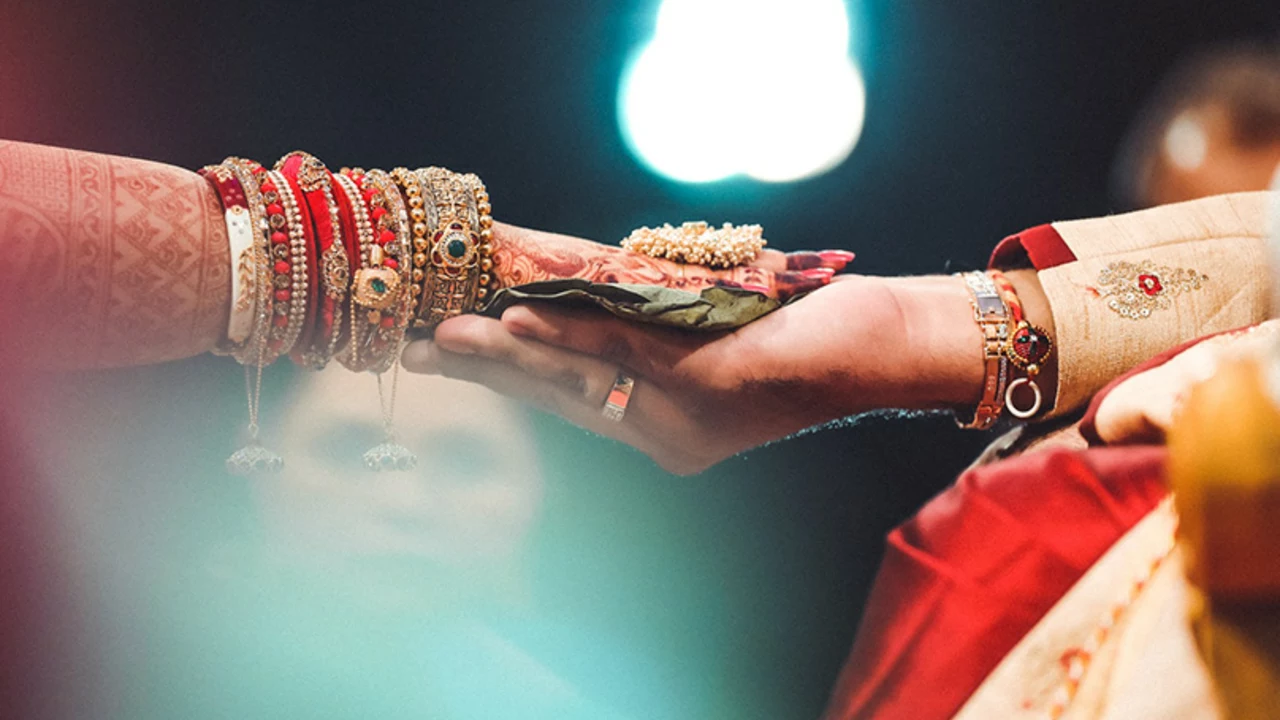Relationships & Sex Education: awkwardness after an arranged marriage
You don't need a perfect first night to build a healthy sexual relationship. Start with small steps that create comfort and trust. Talk openly about boundaries, likes, dislikes, health, and timing. Use simple phrases like 'I prefer...' or 'Can we try...?' to avoid blame. If direct talk feels hard, write notes or messages to start the conversation.
Physical closeness can begin outside the bedroom. Hold hands, sit close during meals, and give short massages after long days. These acts reduce stress and make later intimacy easier. Consent matters every step of the way. Agree to stop when either person feels unsure. Respect builds confidence and speeds learning.
Be curious and experimental but stay gentle. Try short, low-pressure experiments: a slow kiss, a shoulder rub, or a guided touch for a few minutes. Give positive feedback and say what felt good. Avoid criticism that shuts down exploration.
Talk about contraception and sexual health early, before pressure builds. Visit a doctor for questions about birth control, infections, or fertility. Being informed reduces anxiety and avoids misunderstandings. If pain, low desire, or anxiety persists, see a professional who specializes in sexual health.
A counselor can suggest exercises to improve communication and closeness. Couples therapy also helps when family pressure, different expectations, or cultural shame get in the way. Set clear privacy boundaries if you live with relatives. Ask for private time politely and protect moments that let you practice intimacy.
Ignore myths from movies or porn that promise instant chemistry. Real relationships grow slowly and look different from staged scenes. Share learning resources that respect your culture and values. Read short guides, watch trusted workshops, or join local classes about relationships and sexual health. Learning together removes shame and creates a team mindset.
Celebrate small wins like honest talks, a night without pressure, or shared laughter. If one partner needs more time, respect that and plan gradual steps. Regular check-ins help you adjust goals and expectations. Protect each other's dignity and avoid shaming language. Some couples find humor helps break tension; others prefer quiet reassurance.
Respect the pace that feels right for both people. If cultural expectations cause guilt, discuss them with a counselor who understands Indian families. Therapists can offer practical scripts to use when talking to in-laws or elders. Good sex after an arranged marriage usually follows good friendship, honest talk, and patient practice. Keep checking in, stay curious, and seek help if you get stuck. Over time many couples find a rhythm that fits their values and life.
Small rituals like a morning cup of tea together or a weekly date night keep connection alive. If sexual differences persist, specialists can recommend exercises, medication, or therapy options tailored to you. Being patient and kind to yourself reduces shame and makes learning easier. Talk with your partner about what success looks like and revisit that plan every few weeks. Small, steady progress beats pressure and proves intimacy can grow naturally. Keep going.

- 0 Comments
Alright folks, let's dive into a topic as spicy as a bowl of vindaloo, but a little more intimate. You see, Indians, like anyone else, navigate the waters of intimacy after an arranged marriage, with a dash of respect, a sprinkle of patience, and a whole lot of communication. It's a bit like learning a new dance, where both partners are trying to find the rhythm, but the music is played by a sitar and there's a mother-in-law in the next room. It's a unique blend of tradition meets modernity, with a slight sprinkle of Bollywood romance. Remember, it's not all Kama Sutra and yoga flexibility, it's about creating a bond that's stronger than the scent of freshly made samosas.